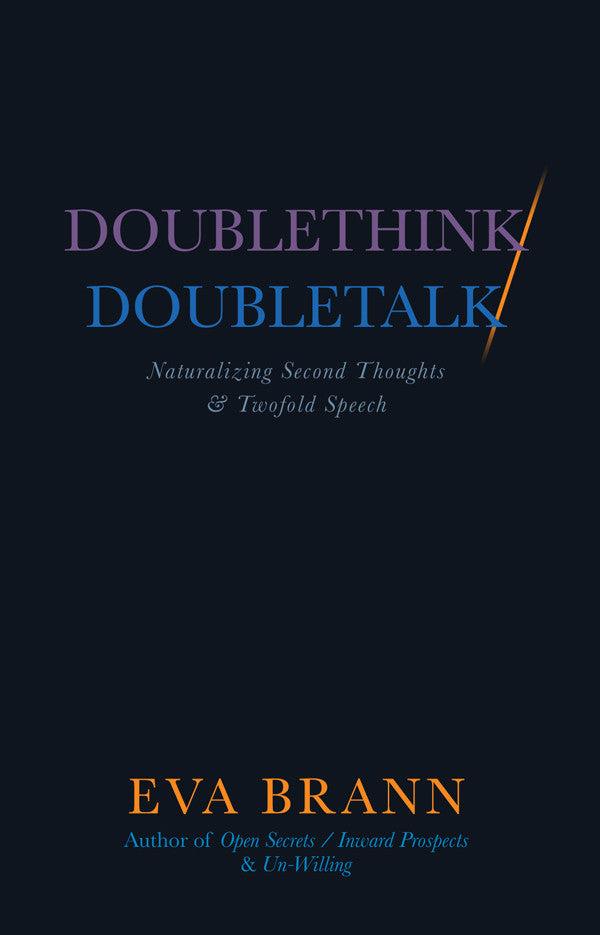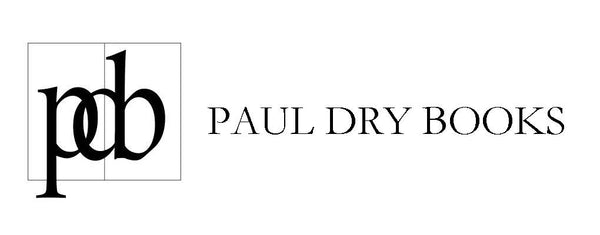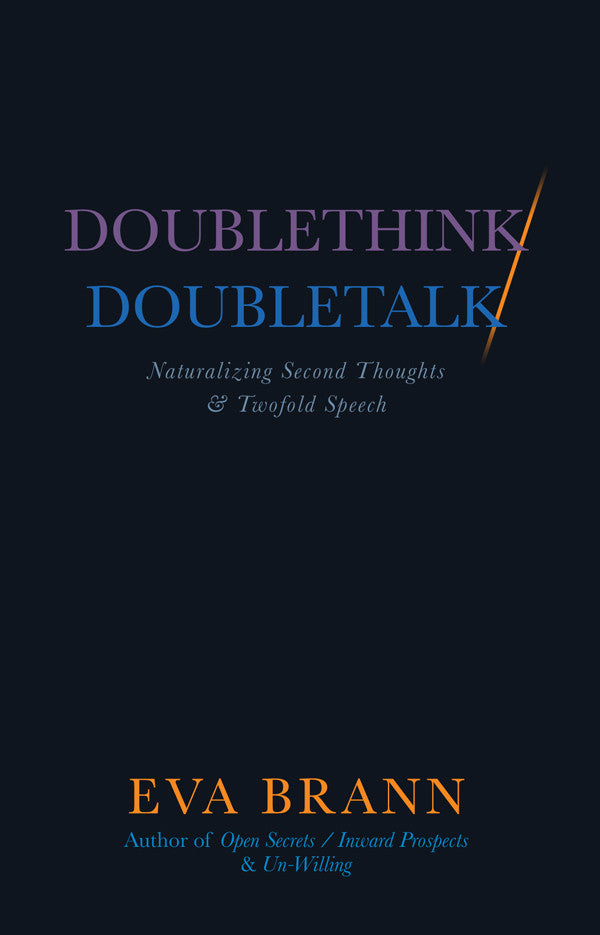Doublethink / Doubletalk
Doublethink / Doubletalk
Eva Brann
Couldn't load pickup availability
311-page paperback / 4.5" x 7" / ISBN 978-1-58988-113-6
Publication Date: August 2016
"Each aphorism is a tiny well-framed picture which at once observes and questions the world’s workings with its accumulated intellectual pleasures, beauties, and quirks."—Washington Independent Review of Books
"At times, aphorisms are merely witty, but they can convey and evoke sustained reflection and thought, as those of Nietzsche, Schopenhauer, or Nicolás Gómez Dávila. To that list we can add Eva Brann . . . In the few hours spent with her, one finds a wise, slightly acerbic, good-humored teacher—one wishes for her friendship, for more time with her."—The University Bookman
"Brann raises questions that briefly illuminate the world and, by removing herself just as quickly, inspires in readers a desire to shed light as well."—The Weekly Standard
Philosopher Eva Brann describes the concept of “doublethink/doubletalk” as “a flanking approach toward comprehending a pervasively duplex world, a world that sometimes flashes fleeting signs of covert wholeness.” In this, her second collection of aphorisms and observations, Brann shines a light on our world—on “the way things are”—and she does it with characteristic wit and insight.
Also available as an ebook:
- Amazon
- Apple iTunes Bookstore
- Barnes & Noble
- Google Play
- Kobo (See IndieBound's list of independent booksellers selling e-books.)
Eva Brann was born in Berlin in 1929 into a Jewish family. In 1941 she came to Brooklyn as a refugee from the Nazis. She went to Brooklyn College, then to Yale University, where she studied Classics and Ancient History. She was a member of the American School of Classical Studies at Athens and of its excavations of the Athenian Agora (Marketplace), charged with publishing some of its early pottery. In 1957 she joined the faculty of St. John’s College, Annapolis, and later Santa Fe, in whose all-required Great Books program she has taught ever since, except for 1990–1997, when she was dean of its Annapolis campus.
Read the Weekly Standard column on Eva Brann and Doublethink/Doubletalk.
Excerpts:
On Action: Life’s full of incident, especially if you stay home and read and scribble.
On Action: Of commodities people tend to contribute what they have in overplus, of care often what they lack and want themselves.
On Books: How to read different difficult texts: 1. Pester them until they open up. 2. Leave well enough alone and think along a parallel path. Both in turn.
On College: Preamble to an early salary report of my college: “The work of teaching is invaluable” – a word that can, in a certain mood, be heard ambiguously. I’m still laughing at how true it turned out to be, money-wise.
On Death: It’s a little late to be afraid of death, now that, whenever it comes, it can’t be said to be untimely.
On Love: Some people grow more lovable the longer they’re dead.
On Memoirs: Human nature: Bumped up into first class; outraged because they’re out of my menu choice.
On Philosophy: Why does every “putting of the question” expect two sides? Why not?
On Teaching: Our students often know more than they know how to say. Life passes, and it’s the other way around.
On Teaching: Watch the news: The human race is in decline. Teach the young: Humanity gets more wonderful by the year – an absolutely plausible paradox.
On Teaching: Vehement preconceptions are a world apart from firm opinions; that world between is opened by liberal learning.
On Writing: Brevity is, they say, the soul of wit – and the cause of extensive commentary (to wit, the Torah).
On Youth: People approve of the young striving to find themselves. Not me: they should lose themselves – in something. Forget identity, espouse alterity, and before you know it, you’re yourself.


